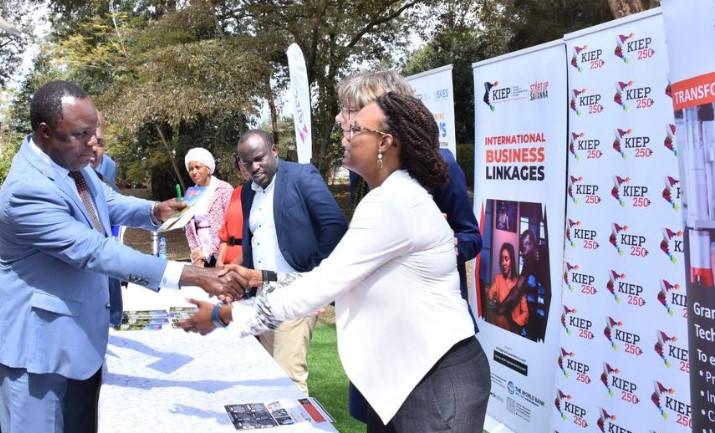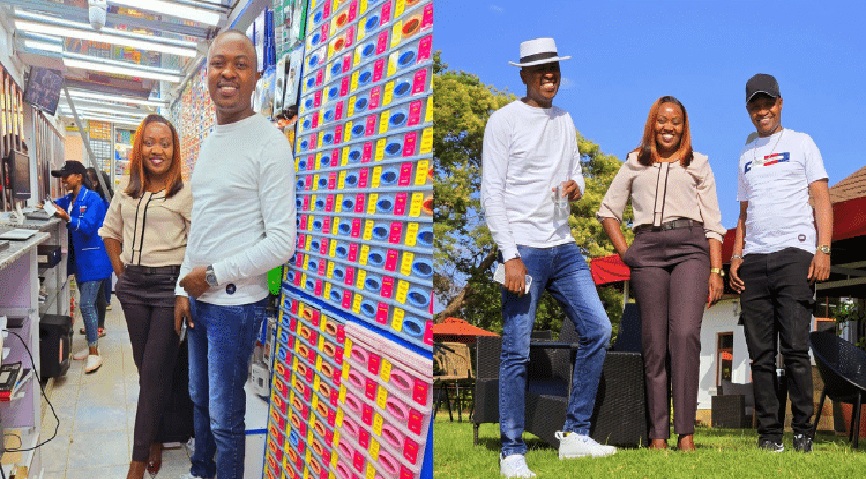The government invites incubators, accelerators and tech-boot camp providers to apply for possible funding and business mentorship.
This is through a partnership between the government and World Bank through Strengthening Kenya’s Innovation Ecosystem(SKIES).
The partnerships seek to benefit intermediaries that incubate and accelerate enterprises engaged in various value chains such as Leather; Livestock (Dairy and Pastoralism Economy); Garments and Textiles; Industrial Production (Building Materials and Pharmaceuticals); and Crops (Edible Oils, Rice, Tea, Coffee).
State Department for Industry Principal Secretary Juma Mukhwana said enterprise ecosystem intermediaries are key priority areas as they play a vital role that should be well understood if Kenya is to nurture a robust startup enterprise ecosystem.
Speaking during the signing of the agreement, Mukhwana said that the intermediaries bridge the gap between startups and their transformation into thriving enterprises.
Did you read this?
As of now, Kenya boasts a burgeoning number of intermediaries, with their number being at approximately 200 spread all over the country, which is actively contributing to the growth of our innovation ecosystem,” he said.
The information, communication, and technology (ICT) industry has seen a significant increase in the number of company incubators and accelerator programmes in Kenya.
Tech start-up support networks have flourished as a result of this growth, but it has also offered benefits and challenges for these organisations.
The innovative project was revealed by David Cheboryot, a director of the management firm and a representative of the E4Impact Foundation.
He emphasised that SKIES will focus on three important transformational elements.
This will be accomplished by increasing intermediaries' capacity, empowering tech education, and encouraging a collaborative environment where intermediaries work together to improve startup support and share best practices and ecosystem learnings.
Funding shortages (especially in follow-up funding), legislative shifts, and regulatory changes are among the start-up issues noted.
The lengthy business registration process continues to be a major barrier, particularly in those counties where the processes have not yet been streamlined.
The first track will accommodate incubators and accelerators, where successful applicants will receive financial grants based on individual improvement plans.
The second batch will comprise technology boot camp providers and Rapid Tech Skills students.
The boot camp providers will be supported through grants for scaling, while the students will receive subsidies to cover their tuition fees.
The project aims to benefit 20 beneficiaries for Track 1 and 16 beneficiaries for Track 2, along with 532 students who will receive scholarships for rapid tech skills training.












